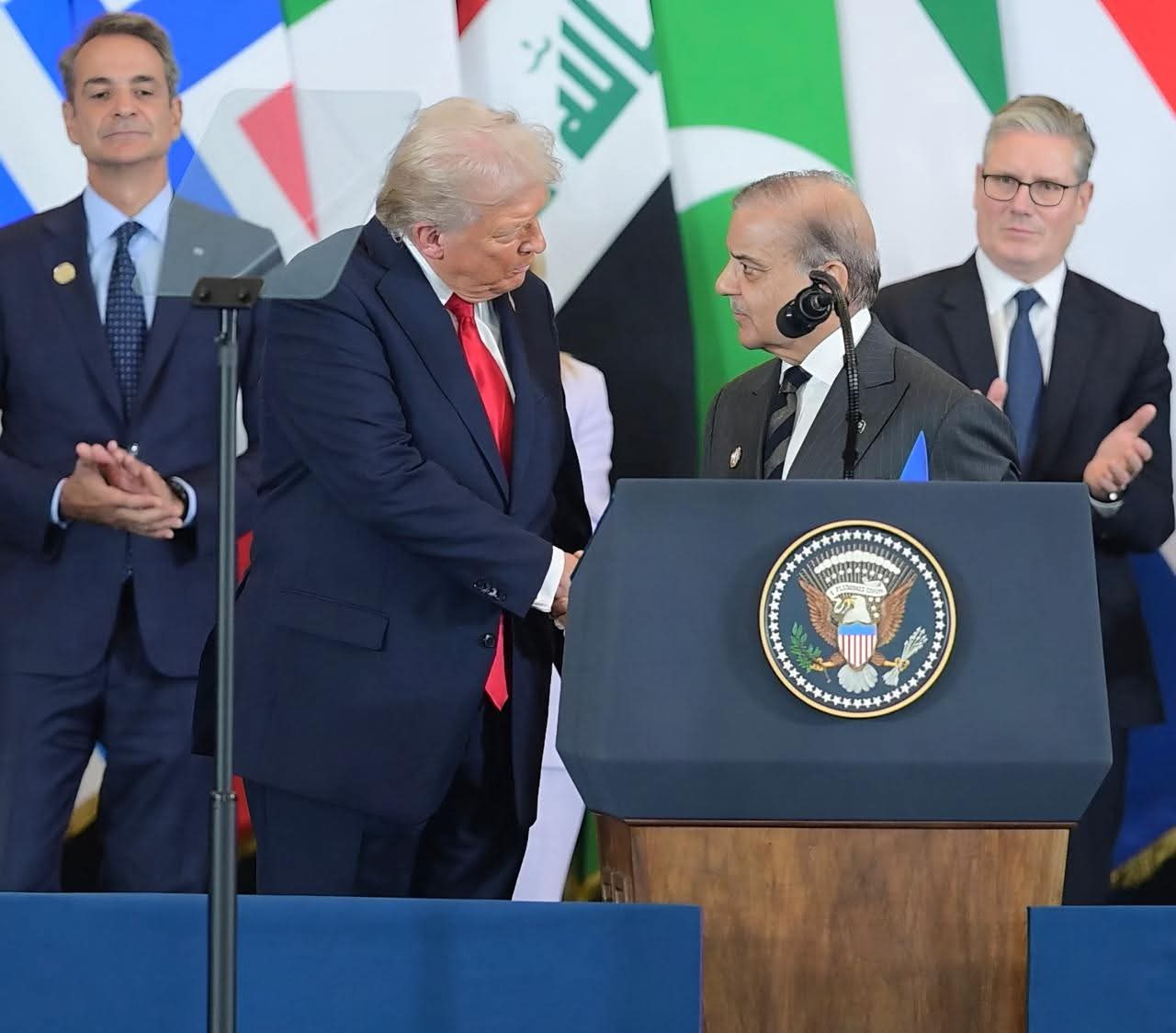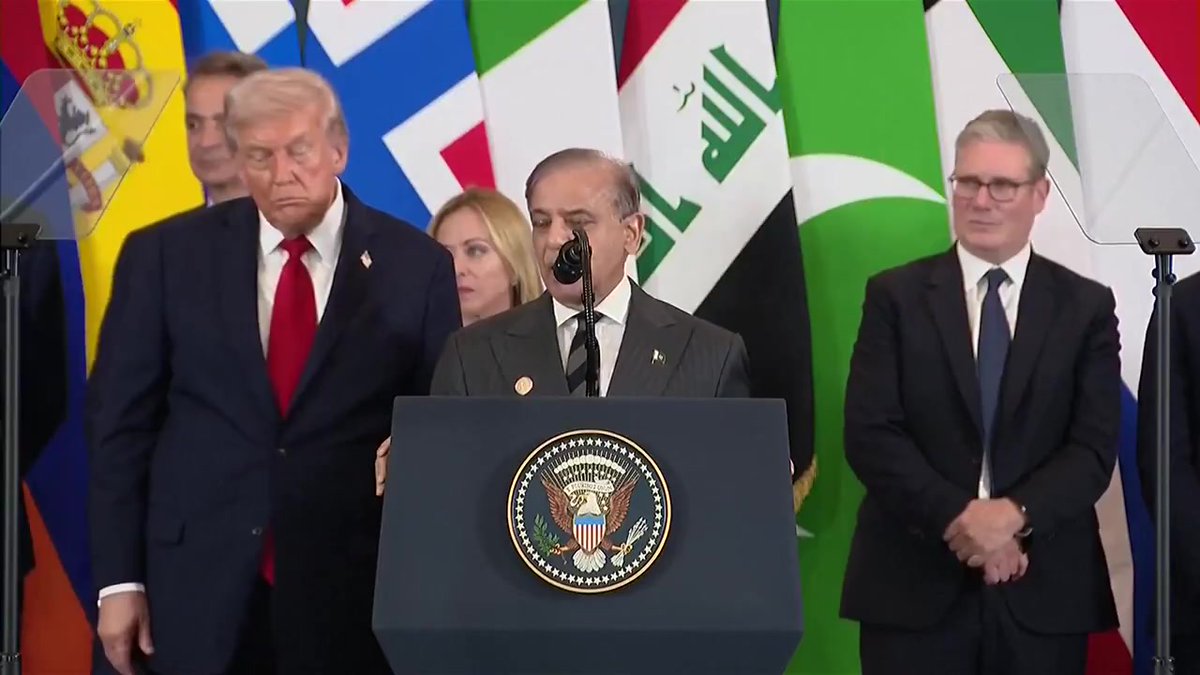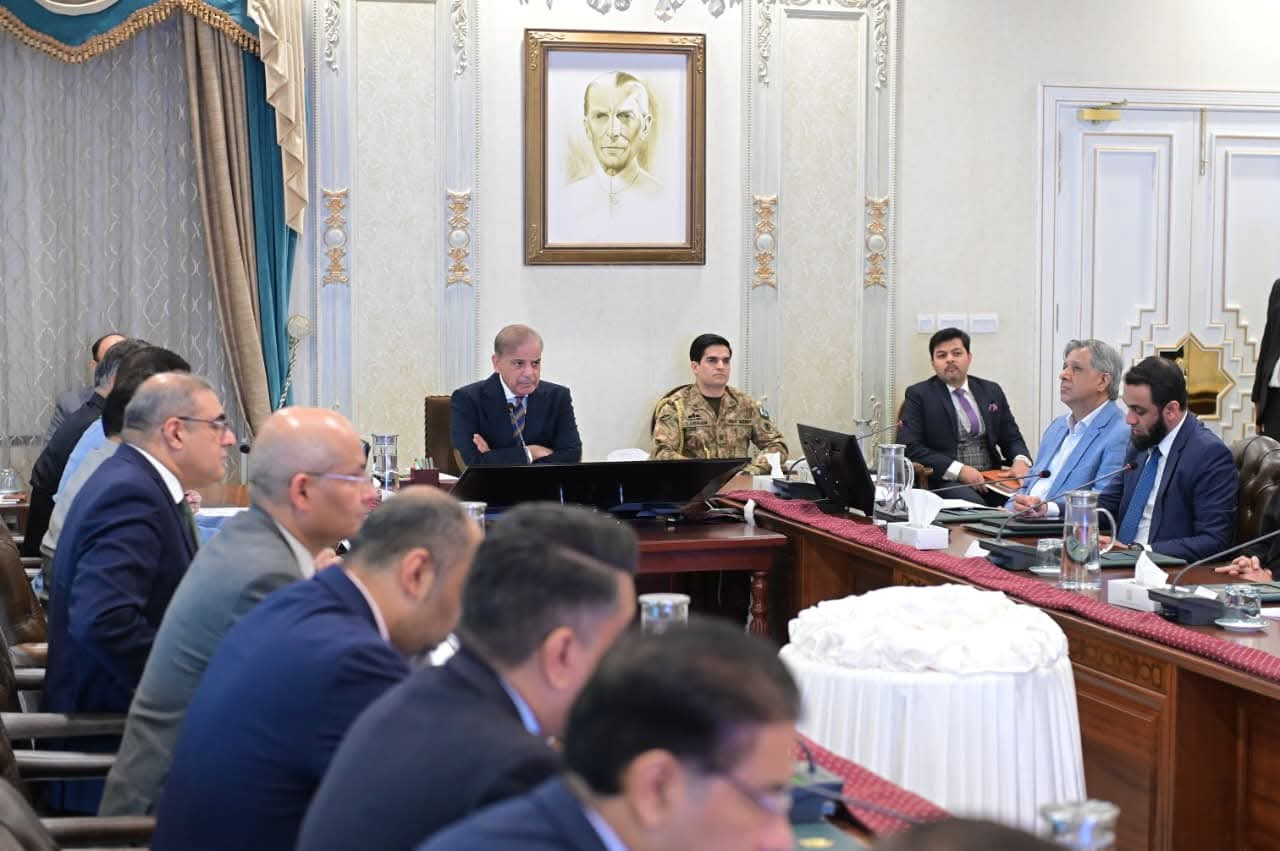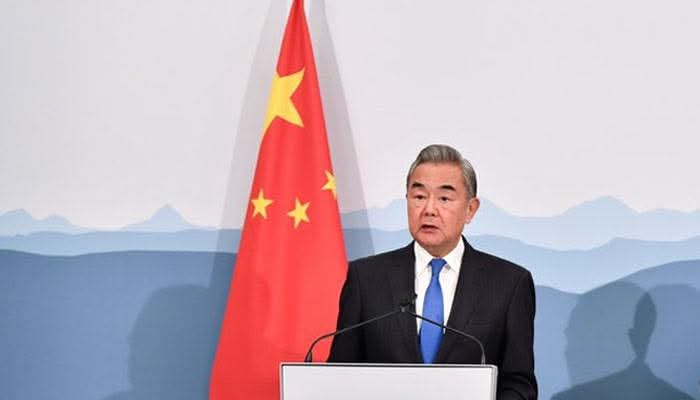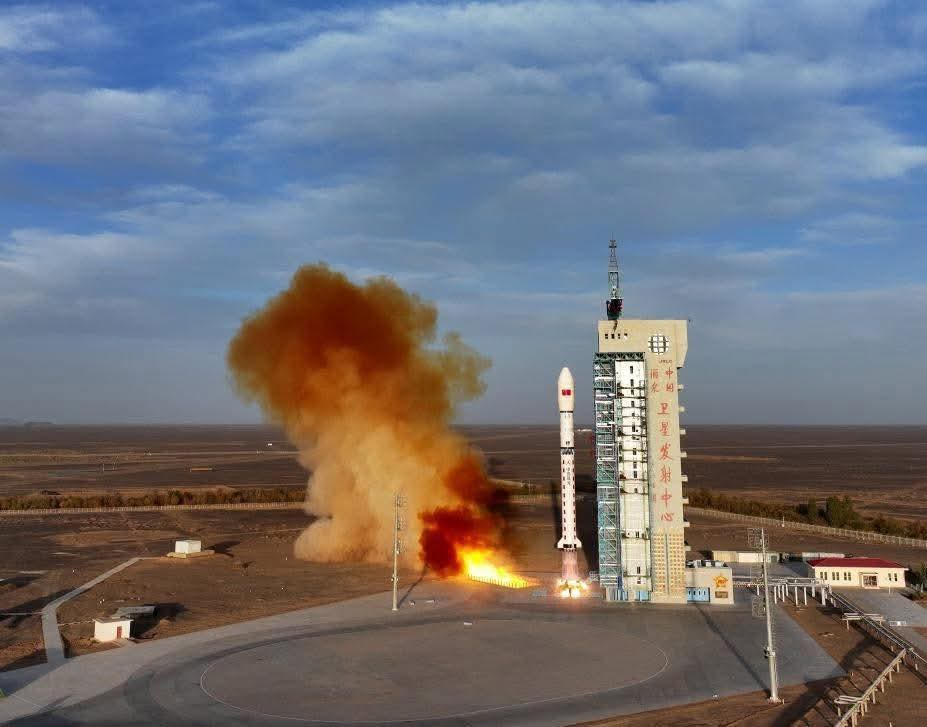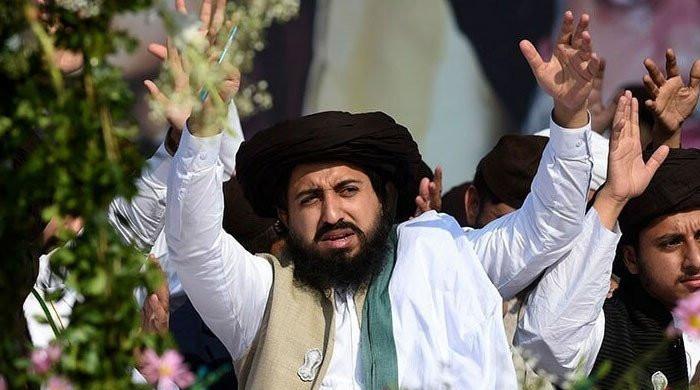
By Tariq Khan & Kainat Rajput
On a calm May evening in Houston, a hall filled with members of the Pakistani diaspora witnessed a presentation unlike any other—a rare blend of intellect, culture, and identity, eloquently delivered by Senator (r) Javed Jabbar, a renowned former federal minister, writer, and public thinker.
Titled “From Taxila to Texas: A Pakistani Journey”, Jabbar’s lecture wasn’t just a historical review—it was a deep, soul-searching narrative about who Pakistanis are, how they got here, and what identity means in a globalized world. For over 1 hour and 40 minutes, he took his audience on a panoramic tour across civilizations, philosophies, and futures—anchored in the past yet facing forward with clarity and compassion.

Opening Metaphor: Taxila vs. Texas
Jabbar’s powerful framing began with the symbolic contrast between Taxila—an ancient city of learning and civilization in South Asia—and Texas, an emblem of the modern, multicultural West. This comparison offered more than just poetic symmetry; it represented the physical and philosophical span of the Pakistani experience.
He described how Pakistanis—from their ancient civilizational roots to their modern diaspora life—carry an evolving identity that transcends borders. “This could also have been titled,” he quipped, “From Mehergarh to Miami.”
Origins of Pakistan: Through a Telescope and a Microscope
In one of the most intellectually stimulating sections, Jabbar presented two unique lenses through which to view Pakistan’s origin:
⦁ Telescope: A long-range view that includes Mehergarh (7500 BCE), the Indus Valley Civilization, the spread of Buddhism and Islam, colonialism, and partition.
⦁ Microscope: A detailed focus on events like the 1857 War of Independence, the 1940 Lahore Resolution, and the Cabinet Mission Plan’s failure.
He reminded listeners that Pakistan’s creation wasn’t just a reaction to colonial rule, but an ideological assertion—driven by history, theology, and the aspiration for a new identity.
What Makes Pakistan Unique
Quoting from his book “Pakistan: Unique Origins; Unique Destiny?”, Jabbar outlined several reasons why Pakistan’s formation was unlike that of any other modern state:
⦁ It emerged with two wings separated by over 1,000 miles
⦁ Formed with only 10 weeks’ notice
⦁ Absorbed 8–10 million refugees in less than two years
⦁ Survived the traumatic breakup of 1971
⦁ Continues to redefine itself in the face of geopolitical and ideological challenges
This narrative positions Pakistan as a state born not just out of division, but of exceptional resilience.
The Soul of the Nation: Understanding ‘Pakistaniat’
Perhaps the most powerful theme was Jabbar’s definition of “Pakistaniat”—a term denoting emotional, cultural, and ideological commitment to being Pakistani.
He presented a list of 41 traits of Pakistaniat, categorized into:
⦁ 30 positive traits like hospitality, creativity, strong family values, courage, self-reliance, generosity, love for music, and devotion to faith.
⦁ 11 negative traits including sloth, dishonesty, corruption, gender inequality, misgovernance, and intolerance.
What stood out was Jabbar’s assertion that the Pakistani diaspora—especially in North America—often embodies more of the nation’s best traits, becoming unofficial ambassadors of a more balanced and hopeful Pakistani identity.
Reframing the Two-Nation Theory
Touching on one of Pakistan’s foundational philosophies, Jabbar took a nuanced approach to the Two-Nation Theory, revisiting the contributions of key figures:
⦁ Al-Biruni
⦁ Sir Syed Ahmad Khan
⦁ Allama Iqbal
⦁ Chaudhry Rehmat Ali
⦁ Quaid-e-Azam Muhammad Ali Jinnah
He proposed a modern interpretation: the Two-Nation Theory still stands, even after the creation of Bangladesh, evolving now into a “Three-State, Two-Nation Reality”—Pakistan, Bangladesh, and India’s Muslim population.
The Role of Diaspora: Texas as a Case Study
Using Texas as a symbol, Jabbar highlighted how overseas Pakistanis have built lives with dignity, excellence, and inclusivity. He praised their contributions to education, medicine, entrepreneurship, and interfaith harmony.
His message was clear: Diaspora Pakistanis must continue leading with values and bridge cultures with integrity.
Legacy and Relevance
Javed Jabbar’s presentation wasn’t a one-time lecture—it was an intellectual resource for future historians, educators, and policymakers. With his rare blend of academic depth and cultural empathy, he stitched together 5,000 years of civilizational memory into one moving narrative.
The questions he raises—about identity, unity, responsibility, and the ethics of nationalism—are especially relevant in today’s polarizing world. As Pakistan and its global citizens continue to redefine their place, Jabbar’s words offer a compass.
Watch & Reflect
You can watch the full presentation here:
▶️ From Taxila to Texas – Full Video (YouTube)
About the Authors
Tariq Khan and Kainat Rajput collaborated to document this important speech with accuracy and care. As part of the Pakistani media and cultural commentary circle, they aim to preserve and share voices that matter to history.


